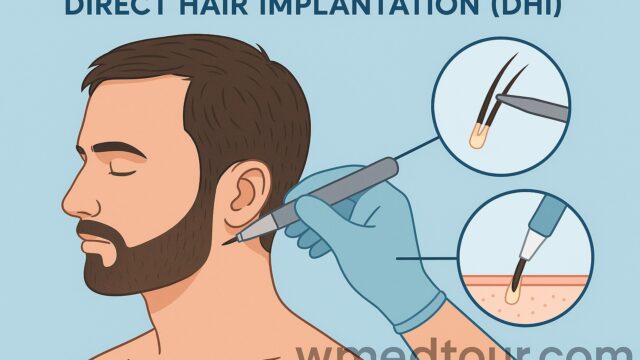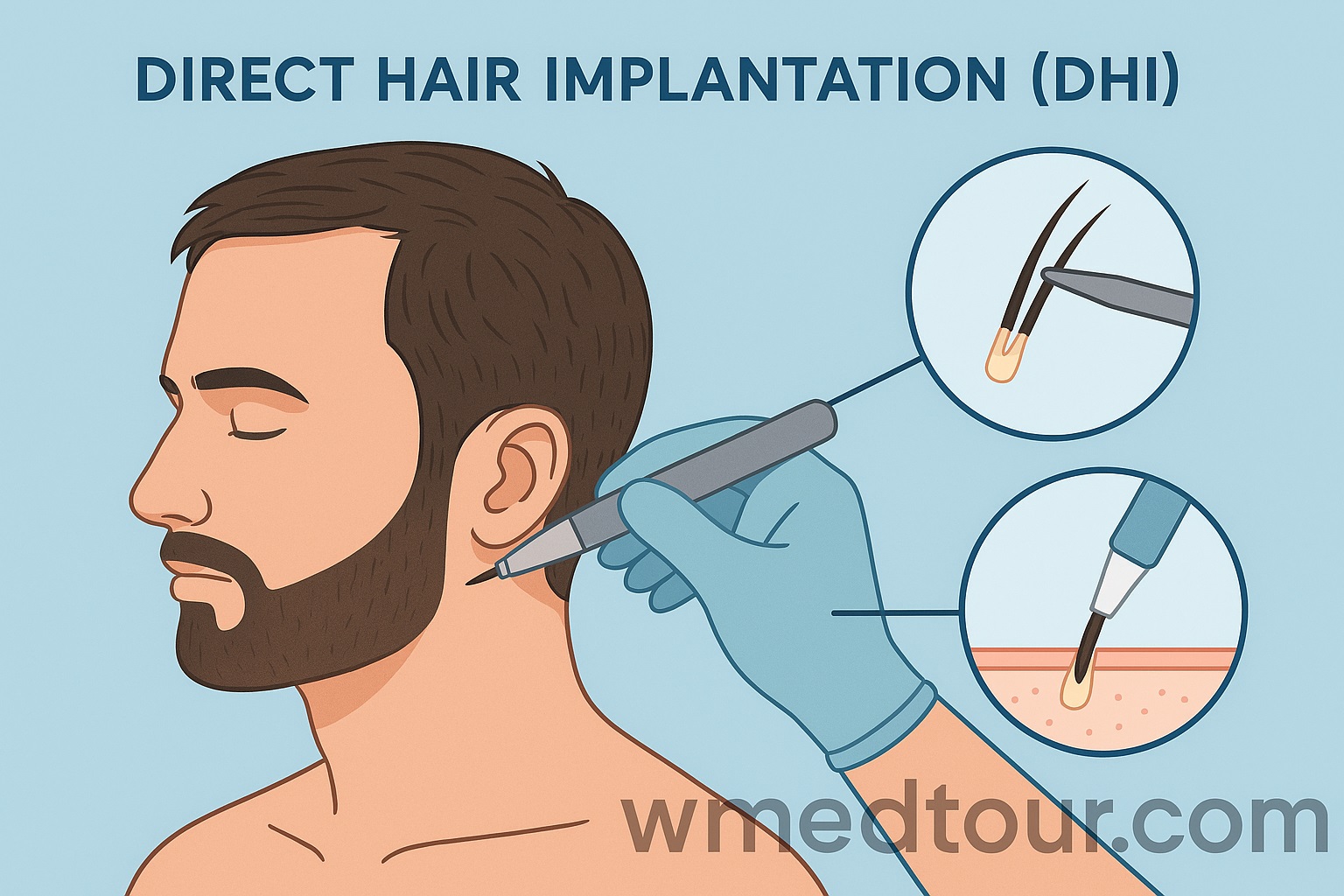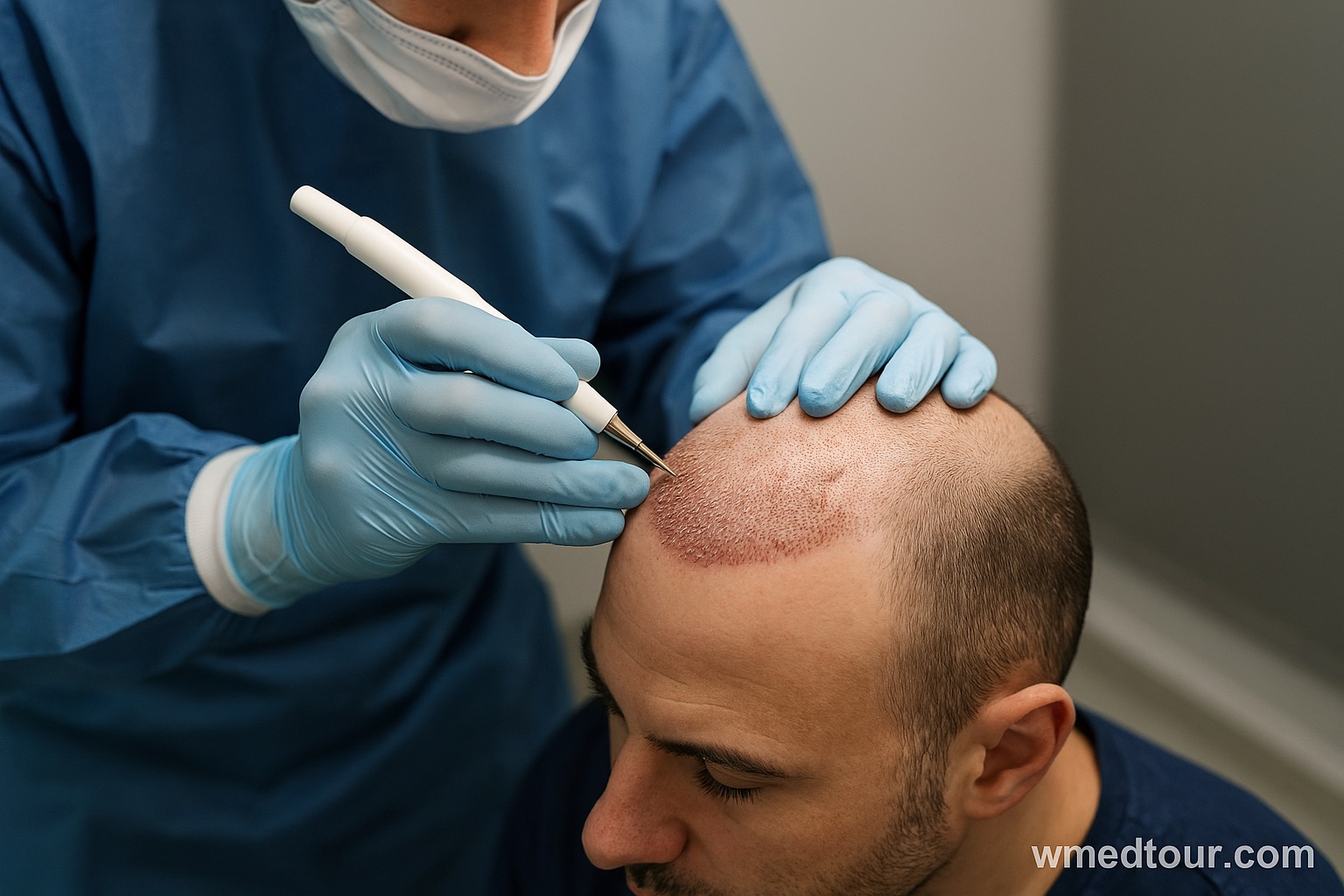Valve Replacement Surgery: Benefits, Types, and Recovery
Valve Replacement Surgery: A Life-Saving Option for Heart Health Updated: August 11, 2025 — Expert guide for international patients considering valve repair or replacement. Why valve replacement matter When a heart valve becomes severely narrowed (stenosis) or leaks (regurgitation), blood flow and heart function suffer. In many cases, timely valve replacement restores normal circulation, reduces symptoms and can be life-saving. Clinical guidelines now list repair or replacement as core options for severe valvular disease after careful assessment. :contentReference[oaicite:0]{index=0} Types of valve replacement and what to expect Mechanical vs. biological (tissue) valves Mechanical valves are durable and can last decades but typically require lifelong anticoagulation. Conversely, biological valves (from animal or human tissue) may avoid long-term blood thinners but have a finite lifespan and can eventually need re-intervention. Choice depends on age, lifestyle, pregnancy plans and patient preferences. :contentReference[oaicite:1]{index=1} Open surgery, minimally invasive, and TAVR/TAVI Valve replacement can be performed via









